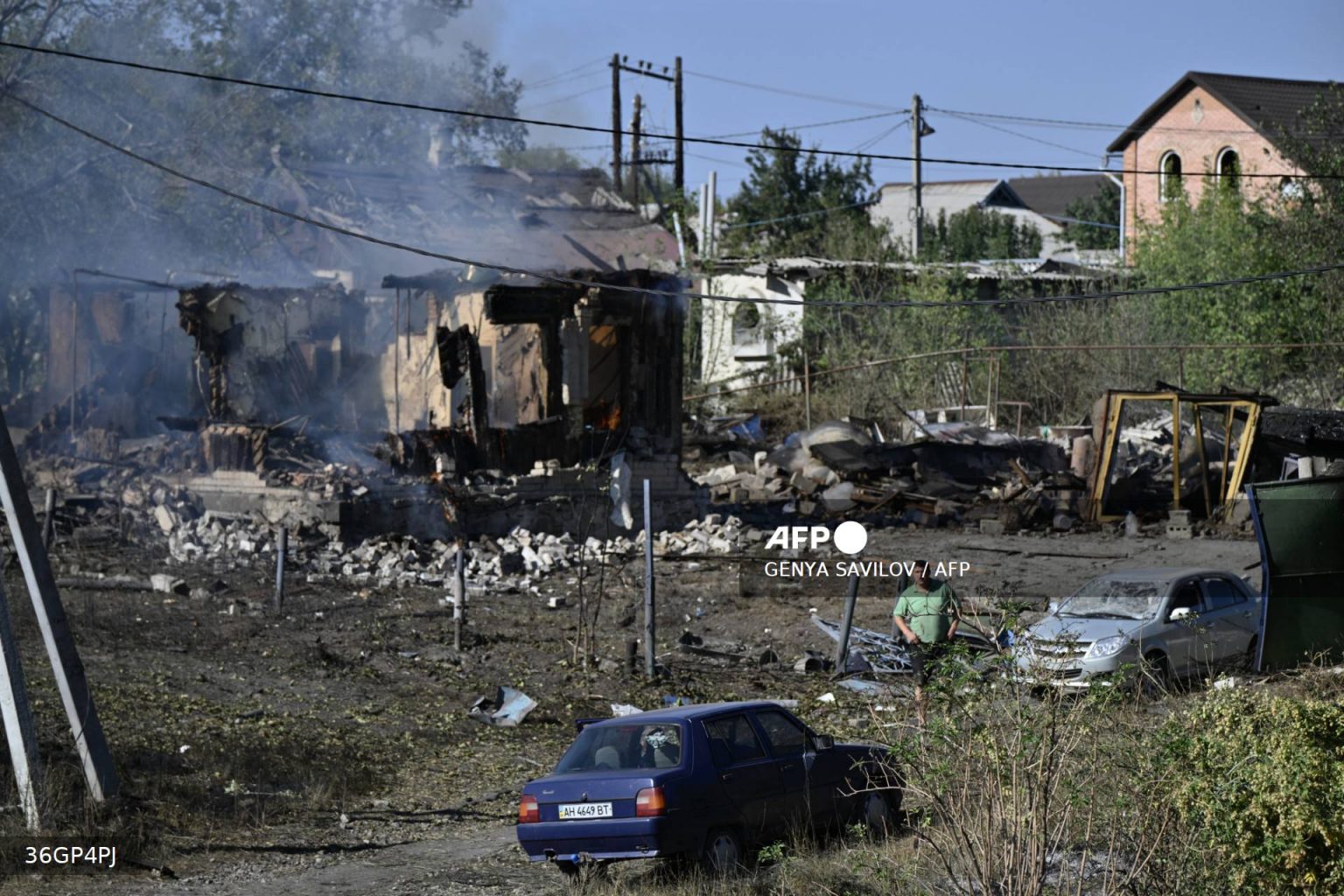Clashes Erupt In Syria As Assad Loyalists Resist New Leadership.
Syria’s new ruling authorities have reported the deaths of 14 interior ministry troops in an ambush by loyalists of ousted President Bashar al-Assad. The incident occurred near Tartous, a stronghold of the Alawite Muslim sect to which Assad and many of his former regime’s elite belonged.
The ambush marks the first significant challenge to the authority of Syria’s de facto leader, Ahmad al-Sharaa, since his Islamist faction, Hayat Tahrir al-Sham (HTS), led a swift offensive that toppled Assad’s regime earlier this month.
In response, Syrian state forces launched a security operation in Tartous province to restore stability. The state news agency, Sana, reported that the operation “neutralised” remnants of Assad’s militias and resulted in the arrest of Mohammed Kanjo Hassan, a former officer implicated in atrocities at the notorious Saydnaya prison near Damascus.
The Syrian Observatory for Human Rights (SOHR) confirmed the arrest and noted that 20 other individuals were detained, though this claim remains unverified. Reinforcements have since been deployed in the region to quell further unrest.
Tensions have flared in various Alawite-dominated areas, including Tartous, Latakia, and Assad’s hometown of Qardaha. The Alawite community, long associated with the Assad regime, now fears retribution for alleged war crimes committed during his rule. Calls from Alawite religious leaders for a general amnesty have gone unanswered, as the new authorities grapple with demands for justice from victims of the Assad dictatorship.
In Homs, a curfew was imposed following protests sparked by a video allegedly showing an attack on an Alawite shrine. While the footage was later deemed outdated by authorities, unrest persisted, leading to one death and several injuries.
The HTS-led government faces significant challenges in maintaining security and fostering unity in a deeply fractured nation. Demonstrations and isolated clashes highlight the difficulties of balancing justice with reconciliation, particularly in communities tied to the former regime.
Despite pledges to safeguard the rights of religious and ethnic minorities, incidents such as the recent burning of a Christmas tree in Suqaylabiyah have raised concerns about the protection of Syria’s diverse communities.
The overthrow of the Assad regime ended more than 50 years of autocratic rule, forcing Assad and his family to flee to Russia. While HTS has promised reforms and a new era of governance, the group’s designation as a terrorist organisation by multiple international bodies casts doubt on its legitimacy.
As Syrians navigate this transitional period, demands for accountability and justice remain at the forefront, with the hope that stability and peace can be achieved in the wake of decades of conflict and oppression.



